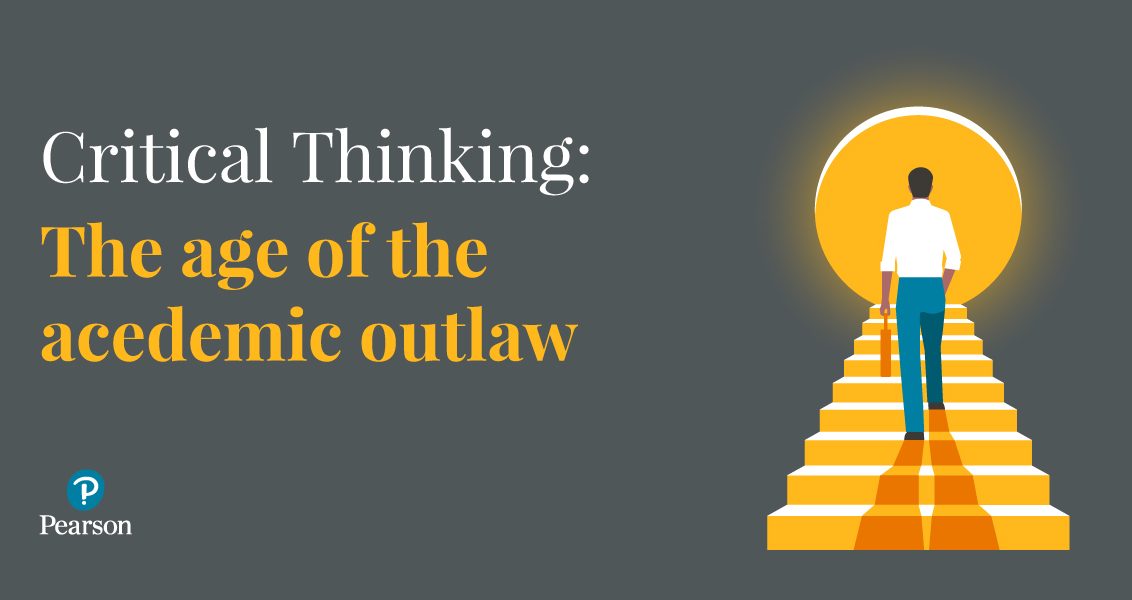
I believe to my core that the only true diversity is intellectual diversity. Learning to think differently should be a lifelong pursuit. It helps us understand ourselves, others and the world around us. And therefore it is with some mixed feelings I read about Oxford University’s Professor Jeff McMahan who is setting up the Journal of Controversial Ideas, which will be a peer-reviewed publication dedicated to discussing ideas that may cause controversy. The journal will offer anonymity to contributors to protect them from career and possible physical harm. On the one hand it will offer an avenue of thinking away from modern offence seekers but on the other hand it now confirms we are living in highly censorious times whereby ideas can be routinely labelled as ‘dangerous’ – and the citizenry assumed to be in need of protection – while the names of the academics who put forward these ideas have to be hidden from view.
Various mechanisms have been invented to replace the pitchfork for the modern era. Chief among them is the mechanism of ‘offence taking’ whereby someone becomes offended (or pretends to be) which then means someone else should automatically stop speaking. In such a world, surely the most fragile and brittle among us garner the most power?
As a workshop leader and teacher I have seen this trend gather pace but with teachers rather than students. I recently witnessed a well meaning teacher get publicly labelled as a misogynist in a workshop for stating that male and females are biologically different from one another and that these differences will,generally speaking, lead to differences in thoughts, feelings and behaviour. An entirely reasonable position to take and a great contribution to a psychology workshop where gender is explicitly on the curriculum, no?
However, another teacher, immediately and visibly emotional, said, “That is not politically correct”. I initially thought she was simply observing that ‘Such an idea has been labelled as politically incorrect’ but what she actually meant was ‘That idea offends me and therefore it cannot be correct so you should not say it’. I asked for clarity, and she repeated the assertion. The room was left in no doubt that she needed the statement to be withdrawn for her own emotional wellbeing.
This immediately halted any debate as everyone knew where the power now lay in the room. This teacher simply was not capable of hearing a view that she disagreed with. I felt sorry for her in some ways, but I felt more sorry for her students.
I have always taught my students that the world is full of problems that need to be solved (schools need building in Uganda; women need access to microfinance initiatives in Pakistan and so on) and that those problems will only be solved by people who are bold, thoughtful and emotionally robust.
What does all this mean for education?
When there is a central ‘authority’ that dictates what people can think and say, we lose the ability to think for ourselves and we become weaker. When rules are imposed centrally, people begin outsourcing judgment to that central authority, losing the skill and experience that arises from individuals exercising instinctive judgment. They become emotionally fragile and less able to hear alternative explanations.
Moreover, when academic debate is censored, both sides lose: the censoring dominant ingroup and the censored underdog outgroup. The dominant ingroup become unable to have their ideas tested, checked and questioned. The censored outgroup retreats to the margins and becomes out of reach and unheard by the dominant ingroup. Walls are erected between tribes (whether real or figurative) and learning is stymied.
At a classroom level, students who have either not been subjected to or have resisted political correctness training often pose challenges to teachers who have been through 3 – 5 years of university training. For example, I cannot remember one teacher at school or lecturer at university who could be considered ‘right wing’ or nationalistic or libertarian. Quite the opposite in fact and many were proud to wear their left wing colours with pride and argue publicly with any student who challenged them. To be clear, there is nothing wrong with being left wing – it only becomes a problem if you shut down others who disagree. And I would argue teachers need to curtail their own views to help students develop their own voices.
My own teaching is a response to this: I play devil’s advocate (which is fun more than anything else) but I also verbally support students who are challenged by other members of the class for offering an unconventional or unpopular opinion. My views are not that important – what is important is that each student feels they can be heard and understood. I want my students to think and speak as freely as civil discourse will allow and in an age appropriate way. But I also want them to hear ideas from others, enjoy the process of debate and get out of the habit of being offended. I have found students need little encouragement or training in this regard and they quickly establish classroom norms and practices for themselves whereby emotion is never allowed to outshout reason.
It might be hoped that in the future there will be a clear point when this recent age of silliness will end. But I don’t hold out much hope. When will peak silliness be reached and how will we know? Every day brings new examples – lecturers sacked for asking the wrong type of questions in an academic journal; Germaine Greer no-platformed for having an opinion on womanhood. Such upside down thinking draws to mind Brecht’s Die Lösung which asked “Would it not be easier… for the government to dissolve the people and elect another?” We are getting to the point whereby the powers that be should simply telegraph us the correct answers on any given subject in advance to save us the bother of thinking!
In some ways, with academics being sacked and/or no-platformed, cultural gatekeepers are already doing this at a university level by explicitly stating which views fall within an increasingly narrowing bandwidth of thought. And I suspect it will start creeping more into schools. However, from what I have seen, it will be the students who resist and when they do they will need support to help articulate and frame their ideas and protect them from those who wish to silence them.
About the author
Dr Christian Bryan is a co-author of the new edition of Psychology for the IB Diploma. He has been teaching IB Psychology in international schools since 2002. He also teaches Global Politics and Theory of Knowledge.

